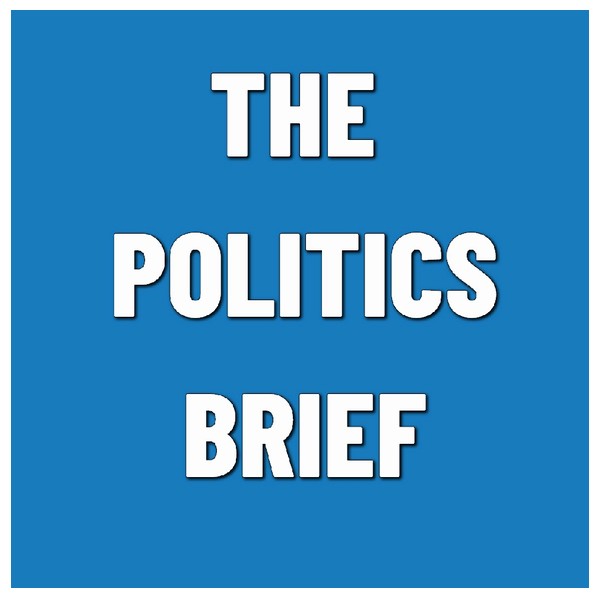Today, New Zealanders elected a new conservative government, with incumbent Prime Minister Chris Hipkins conceding his center-left Labour Party’s six-year reign was over.
Hipkins, who in January replaced authoritarian globalist Jacinda Ardern, who has since moved on from instituting draconian Covid lockdowns to leading a global censorship campaign, stated that he was “not in a position to form a government” and had already congratulated Christopher Luxon, who is the next prime minister-in-waiting.
“The result tonight is not one that any of us wanted, but I want you to be proud of what we achieved over the last six years,” Hipkins told Labour supporters.
The National Party and its coalition partner ACT are projected to gain 62 seats, enough to secure a majority in New Zealand’s 120-seat parliament.
Luxon, a former airline executive, said New Zealanders had “reached for hope and voted for change.”
The election campaign had been dominated by a worsening economic situation and a sharp increase in the cost of living that had severely affected New Zealanders.
“My pledge to you is that National will deliver for every New Zealander,” Luxon said, pledging to “build the economy and deliver tax relief.”
“We will bring down the cost of living. We will restore law and order. We will deliver better health care and we will educate our children so that they can grow up to live the lives they dream of,” he added.
Terry McKee, a butcher in the small town of Waikanae, an hour’s journey north of Wellington, told the AFP that the escalating cost of living was the most significant election issue.
“Things are tight for everyone. Interest rates, fuel costs all drive costs up, but I don’t know what another government is going to do,” he said.
Both Luxon and Hipkins had attempted to attract voters with pledges to reduce soaring gasoline prices, address endemic housing shortages, and halt spiraling food prices.
The Labour party, which won a landslide victory in 2020 under the leadership of Jacinda Ardern, was on course to suffer one of its worst electoral defeats, with projections indicating a loss of 34 seats.
“Following on from my good friend Jacinda, it was not going to be an easy task,” Hipkins admitted. “I did know when I took on this job that it was going to be an uphill battle.”
Ardern had drawn her fair share of controversy, which assuredly damaged the prospects for the Labour Party, which led to one of its worst election performances in recent history.
Former Prime Minister Ardern’s government reportedly granted vaccination exemptions to the privileged before she resigned in January and accepted a new position as the World Economic Forum’s global “disinformation czar.”
Thus, the Labour Party’s governance under Ardern flew in the face of concern for the working class and instead privileged elites during the Covid pandemic. It is a hard lesson that the political class will have to countenance, so long as there is a semblance of democracy in national elections.
NOW READ:
Judge Aileen Cannon Lowers the Boom on Jack Smith in Classified Docs Case







